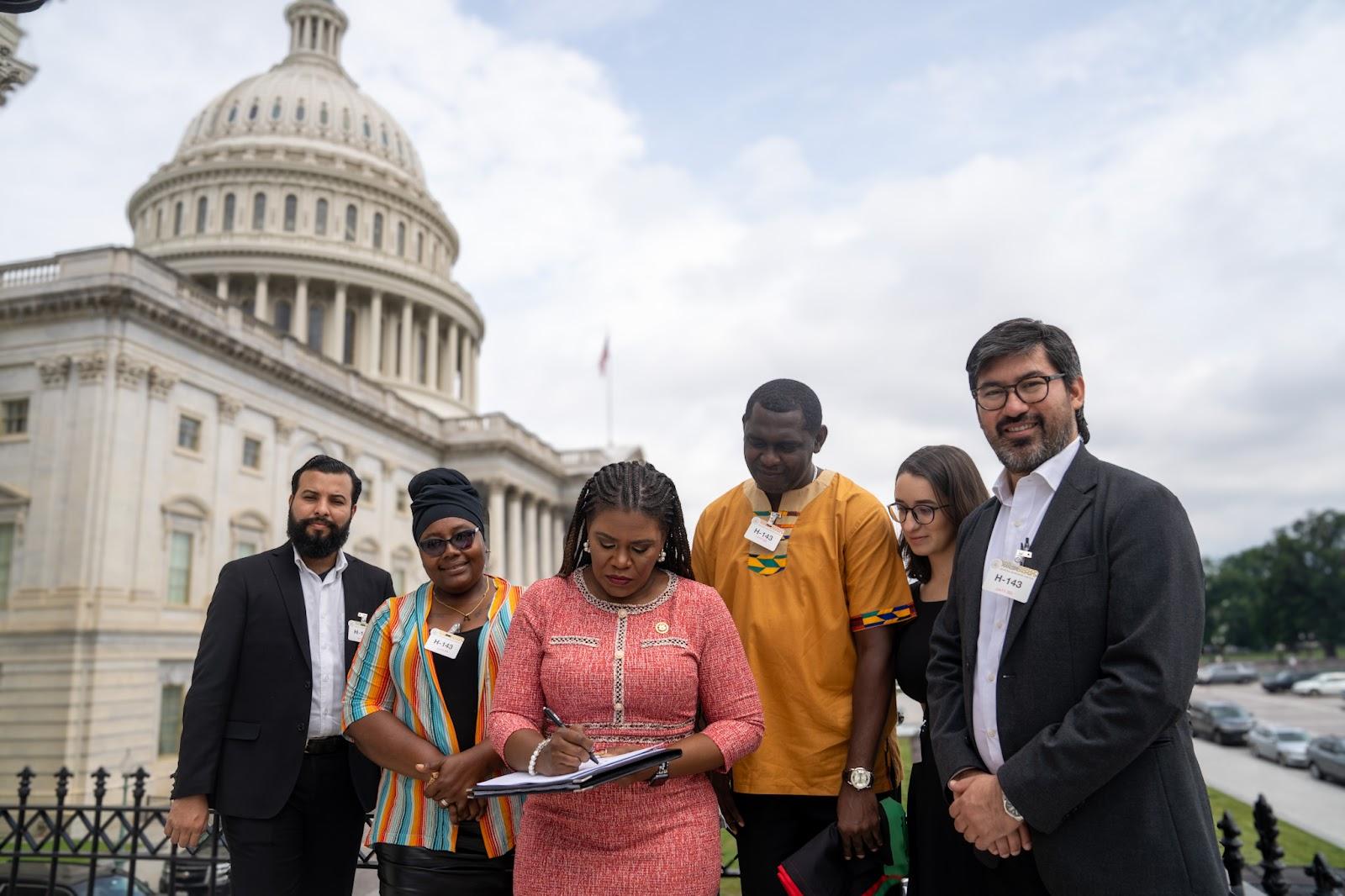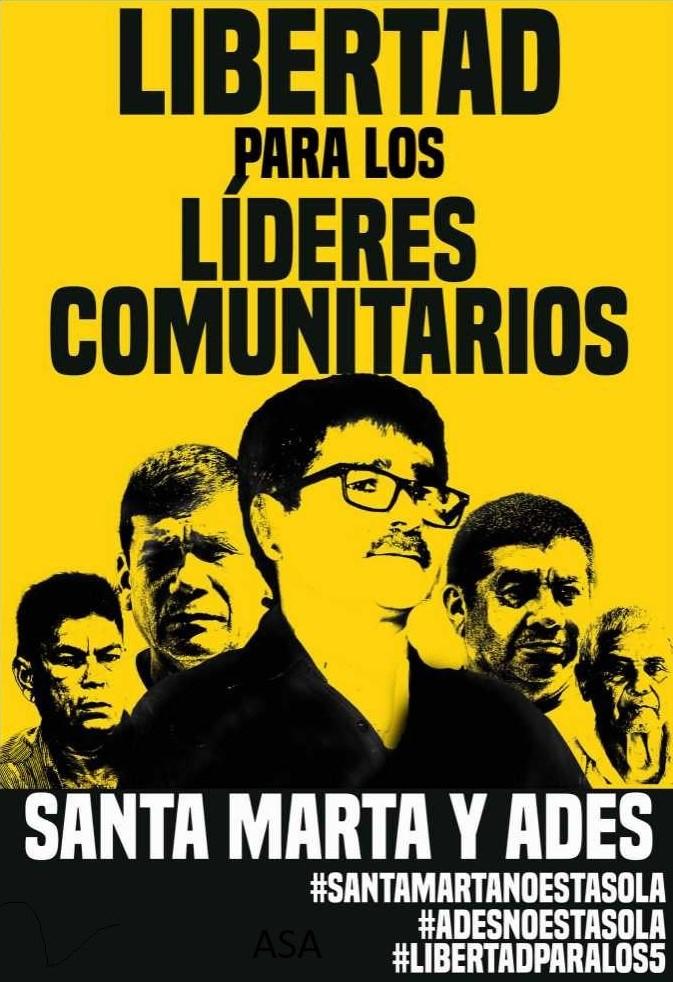On July 28, 1982, Salvadoran military and state security agents illegally captured and violently disappeared Patricia Emilie Cuéllar Sandoval, a dual US and Salvadoran citizen, her father Mauricio Cuéllar, and their household worker Julia Orbelina Pérez. Patricia, who would have been the author’s aunt, was a human rights defender involved in Catholic youth movements and grassroots organizations. Despite a lengthy pursuit of justice, their families have not received answers about their whereabouts.
After four decades, the Inter-American Court of Human Rights (IACHR) declared the Salvadoran state responsible for their forced disappearances in 2024. This ruling marks a significant step toward justice for forced disappearance cases from the Salvadoran civil war, but impunity remains under President Nayib Bukele, who denies the history of the war and blocks investigations into military crimes. The US government, which supported the Salvadoran military dictatorship, also bears responsibility for withholding crucial information that could provide insight into these cases.



